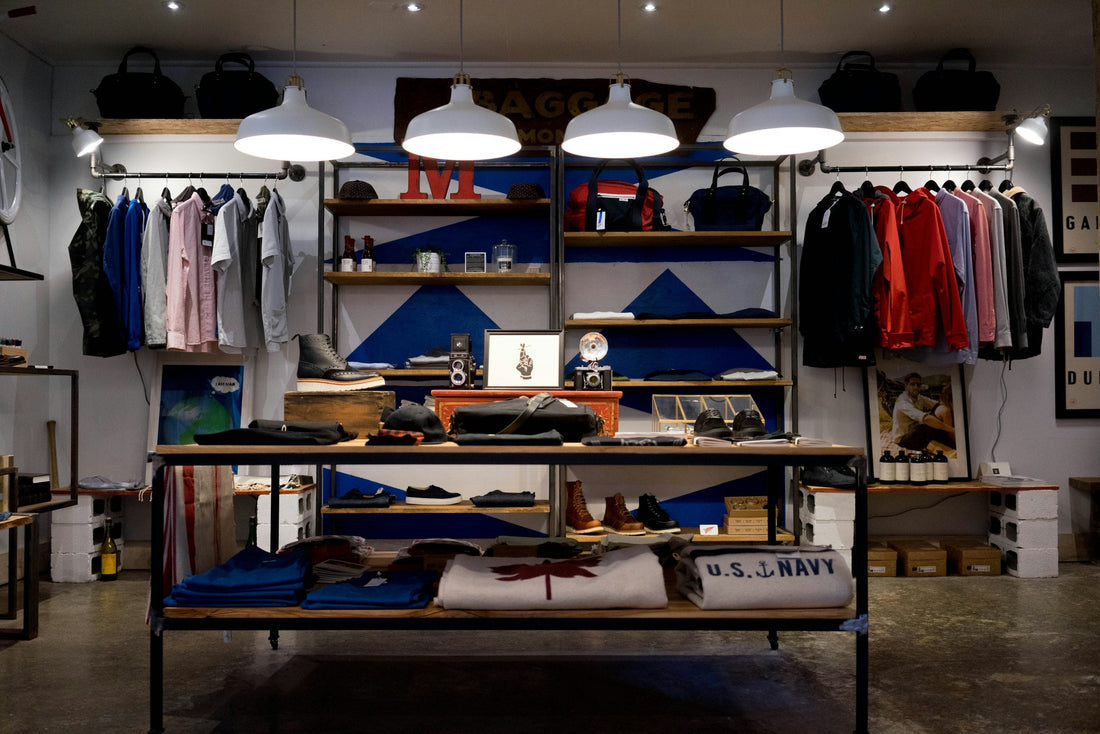
ERP in Retail & E-Commerce: Powering Omnichannel Growth with Precision
Keywords: ERP in retail, e-commerce ERP systems, inventory and order management, omnichannel ERP, retail technology strategy
Introduction: ERP at the Heart of Modern Retail
In today’s fast moving retail and e-commerce landscape, customer expectations are higher than ever. They want real-time inventory visibility, seamless omnichannel shopping, and fast, accurate fulfillment. Whether online, in-store, or through mobile apps.
To meet these demands, leading retailers turn to Enterprise Resource Planning (ERP) systems. ERP is the invisible infrastructure powering the customer experience from managing inventory and orders to syncing online platforms, warehouses, and brick-and-mortar stores.
For both digital-native brands and established retailers, ERP is no longer optional; it’s the foundation for agility, efficiency, and scalable growth.
What ERP Solves in Retail & E-Commerce
Retail is a real-time business. ERP centralizes and synchronizes data so that operations, logistics, and customer-facing systems stay aligned, no matter the sales channel.
✅ Inventory Management
ERP systems track inventory across warehouses, stores, and fulfillment centers, ensuring accurate stock levels and minimizing overselling or stock-outs.
✅ Order Processing & Fulfillment
From shopping cart to doorstep, ERP automates order routing, shipping, and confirmation workflows reducing manual errors and improving delivery speed.
✅ Omnichannel Integration
ERP connects online storefronts (e.g., Shopify, Magento) with POS systems, logistics providers, and CRM tools supporting buy-online-pickup-in-store (BOPIS), returns, and promotions across channels.
✅ Customer Experience
Real-time access to inventory, order status, and historical data enables personalized service, faster returns, and loyalty program integration.
✅ Financial and Supply Chain Visibility
ERP integrates financials, procurement, and demand forecasting, helping retailers make smarter decisions based on actual sales, margins, and supplier performance.
Key ERP Features for Retailers
- Multi-location inventory tracking
- POS and e-commerce platform integration
- Automated order fulfillment and returns
- Customer data and loyalty management
- Real-time sales reporting and analytics
- Mobile accessibility for in-store and warehouse teams
Trends Shaping ERP in Retail & E-Commerce
Omnichannel Fulfillment as the New Standard
Customers expect a seamless experience across devices and delivery methods. ERP supports real-time coordination between online orders, physical inventory, and local delivery.
Cloud ERP for Flexibility and Scalability
Retailers are increasingly adopting cloud-native ERP solutions that support multi-store expansion, remote operations, and faster integration with third-party tools.
Data-Driven Personalization
ERP systems now integrate with AI and customer intelligence tools to tailor marketing, optimize promotions, and drive repeat business.
Returns and Reverse Logistics Optimization
With returns becoming a critical part of the customer experience, ERP ensures efficient return workflows, real-time inventory updates, and minimal revenue leakage.
Industry Snapshot: ERP in Retail Action
-
Fashion retailers use ERP to manage seasonal collections, variant SKUs, and omnichannel stock.
-
DTC e-commerce brands use ERP to sync backend logistics with front-end customer platforms like Shopify or BigCommerce.
-
Grocery chains integrate ERP with dynamic pricing, shelf-life tracking, and mobile POS systems.
Why ERP Success Matters in Retail
The speed and accuracy of your backend operations directly affect customer satisfaction and revenue. A well-implemented ERP system enables:
- Faster, more accurate fulfillment
- Improved inventory turnover and availability
- Better visibility across all sales and fulfillment channels
- Higher margins through automation and data-driven pricing
“In retail, the customer experience is only as good as the systems behind it.”
Looking to unify your retail tech stack?
→ Join The Community
Final Thought
In a world where customers expect instant updates, seamless delivery, and personalized service, ERP is the foundation that keeps it all running.
Whether you're scaling your DTC brand or optimizing a multi-store operation, ERP gives you the real-time control and visibility needed to compete and win in the modern world of retail.
